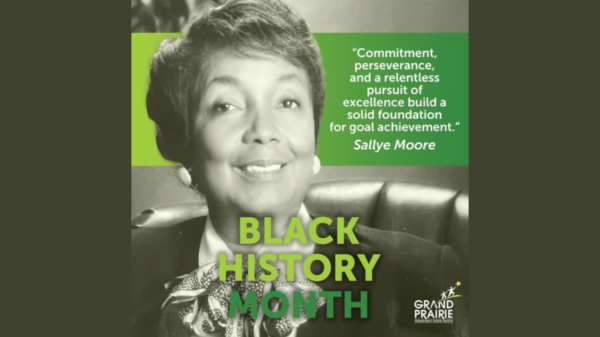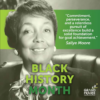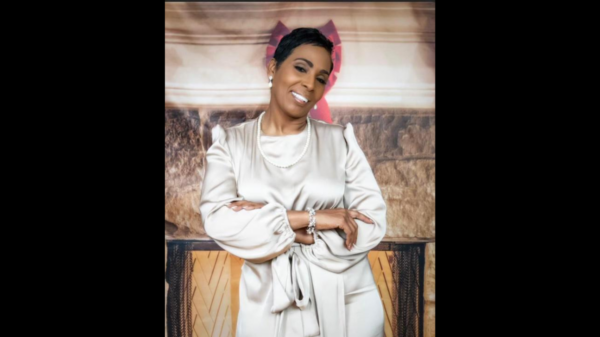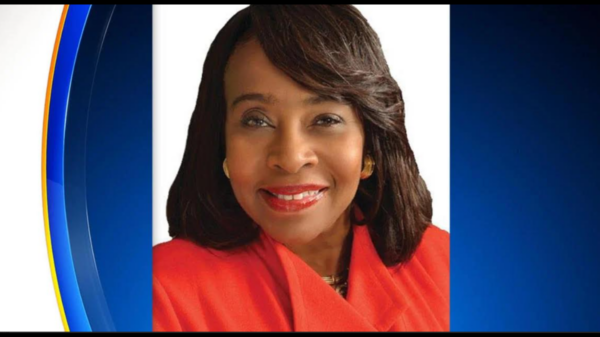By Sylvia Dunnavant Hines
Texas Metro News
As October comes to an end, many people will hang up their pink ribbons until next year. For the millions of people that have been impacted by breast cancer, the changing of the month is just a sign that there is still much more work to be done.

According to statistics, about one in eight U.S. women will develop invasive breast cancer over the course of her lifetime. This year, an estimated 281,550 new cases of invasive breast cancer are expected to be diagnosed in women in the United States.
“We have got to share our stories and break the code of silence in our community. It is important for us to share whatever illness or disease we have experienced with our families and friends, “said four-year breast cancer survivor, Melissa Bradford, who is Chief of Staff for State Representative Carl O. Sherman.
Bradford, who is well aware of the disparities regarding African American Women and breast cancer, is determined to help make a difference in our community.
Most recent research reports that the mortality rate for African American women diagnosed with breast cancer is 42% higher than the comparable rate for White women. Triple negative breast cancer is also diagnosed more often in American women than in those of European descent.
“After my diagnosis in May 2017, my entire family got together at Thanksgiving,” said Bradford. “We have a very large family. We rented out a center. My family decided that year to break the silence regarding breast cancer.
“We did a table discussion of just those that had gone through breast cancer. I had no idea how many family members that had been impacted the disease. During that talk, I found out that I had a cousin who died from breast cancer, my grandmother had breast cancer, and my aunt had gone through breast cancer twice,” said Bradford.
The Center for Disease Control and Prevention (CDC) reports that test for breast cancer declined by 87% during April 2020 as compared with previous five-year averages for that month. These prolonged delays in screening related to the COVID-19 pandemic could lead to a delayed diagnoses and an increase in cancer disparities.

Bradford can relate, “I actually went in for my mammogram annual screening, after skipping a year. In my mind I was everything was good. Finally, I ran in and had my mammogram. After that I got a call back. They said they saw a little something, but they needed to be sure. I was then scheduled for a biopsy.”
While taking care of her mother who was in the hospital at the time Bradford received a call with the words that no woman wants to hear, she had breast cancer.
“When I first heard the word cancer, my mind started racing. Of course, I fell apart. Ultimately, I went to the worst-case scenario. My first questions were what do I do and where do I go from here, “said Bradford.
Following her diagnosis Brad- ford went through a lumpectomy, followed by 32 rounds of radiation.
“I tell anybody going through breast cancer that you need to create a team. I call my personal team, my tribe. Today they are still my support system,” said Bradford, who received support from her church, staff and family members.
Bradford encourages women to continue to break the code of silence by finding out their family history for breast cancer and communicating about their health with their families and friends. It is her desire to share her story so that she can impact the disparity regarding the mortality of African American Women and breast cancer.









You must be logged in to post a comment Login